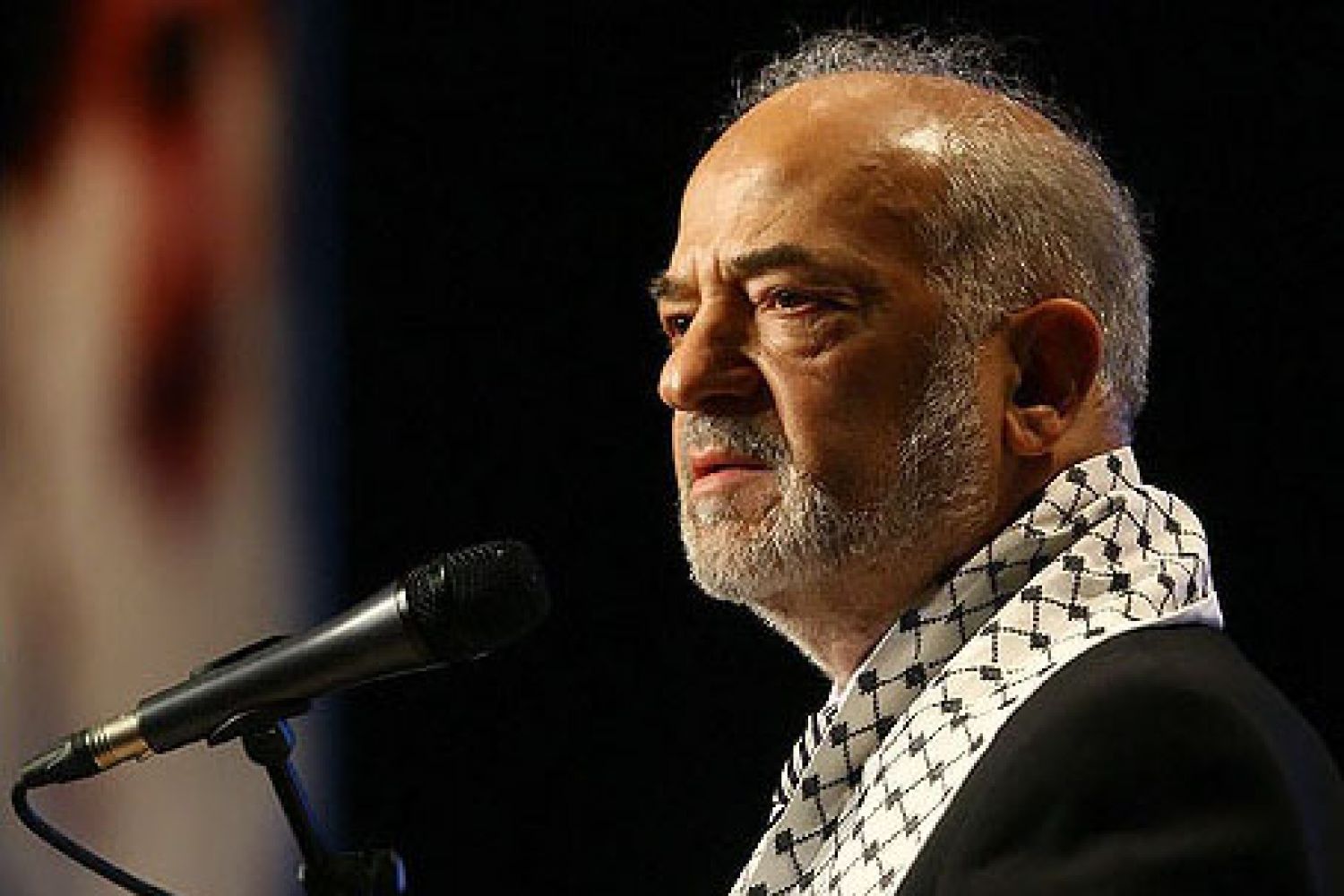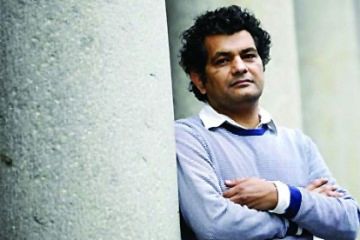
After the fall of
Mosul, the battle for Tal Afar, a town in northwestern Iraq under the control
of the Islamic State (IS) is underway. The road to Raqqa, the de facto
headquarters of the IS, and its last bastion, will be built on the battlefronts
of Iraq and from the rubble of towns like Tal Afar. “Raqqa should go to the
regime of Bashar al-Assad,” says Ibrahim al-Alshaiqer al-Jaafari, foreign
minister of Iraq, in an interview with Fountain Ink in Delhi.
The United States—which pro





